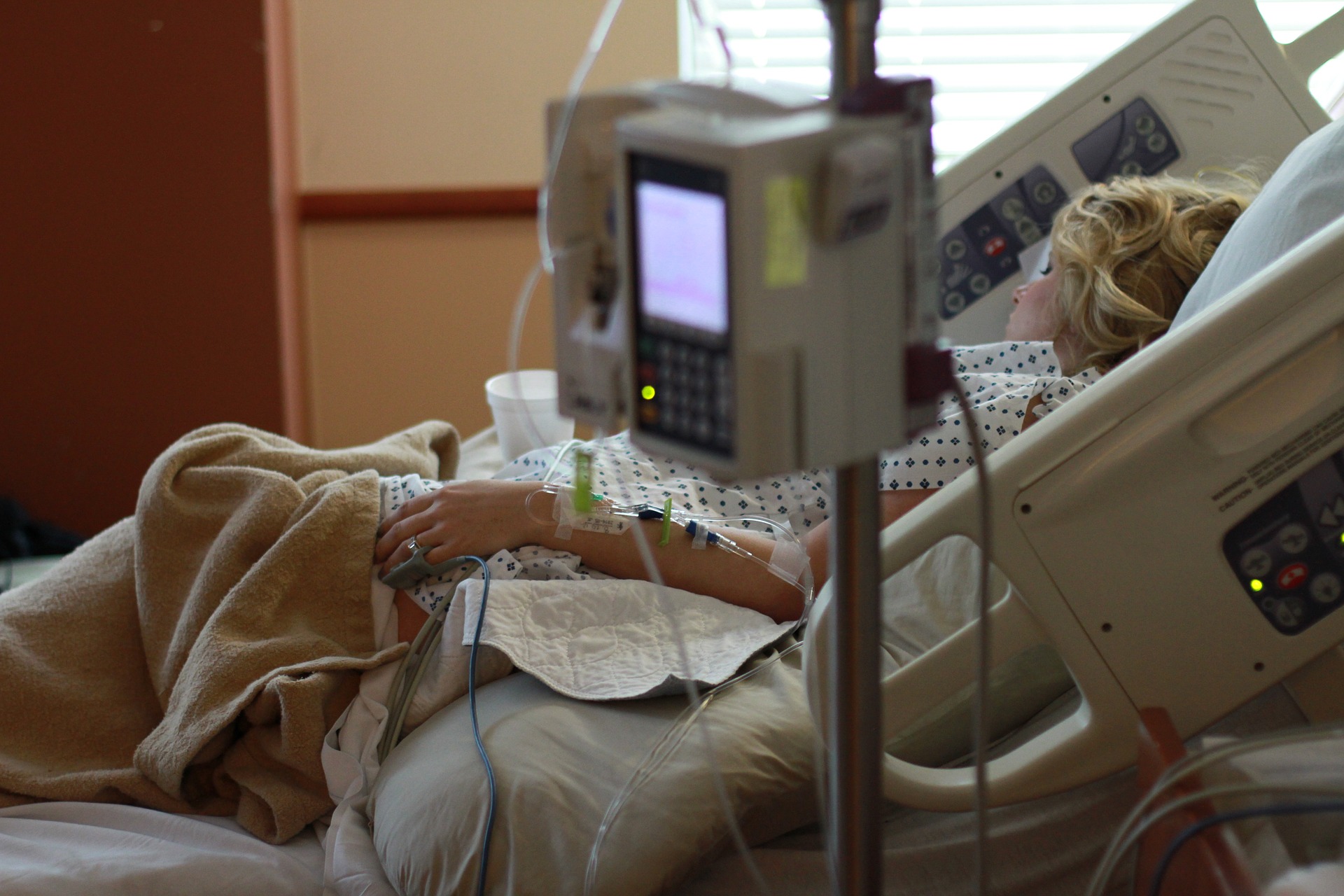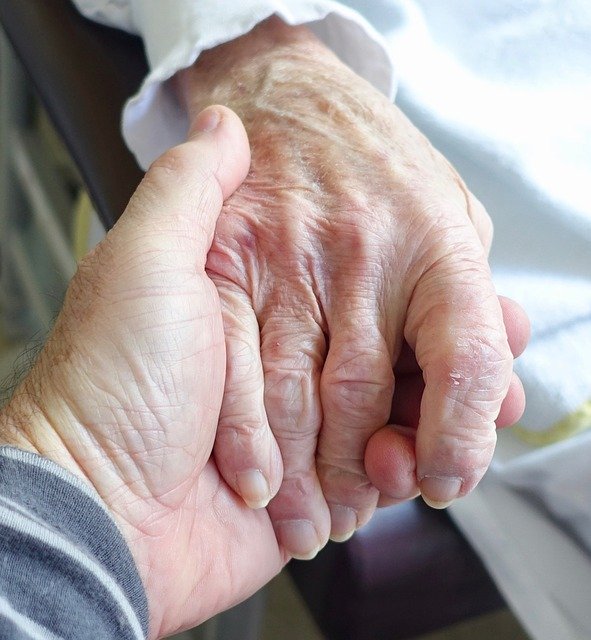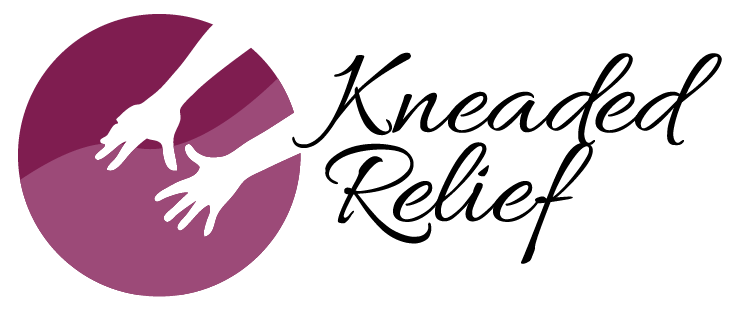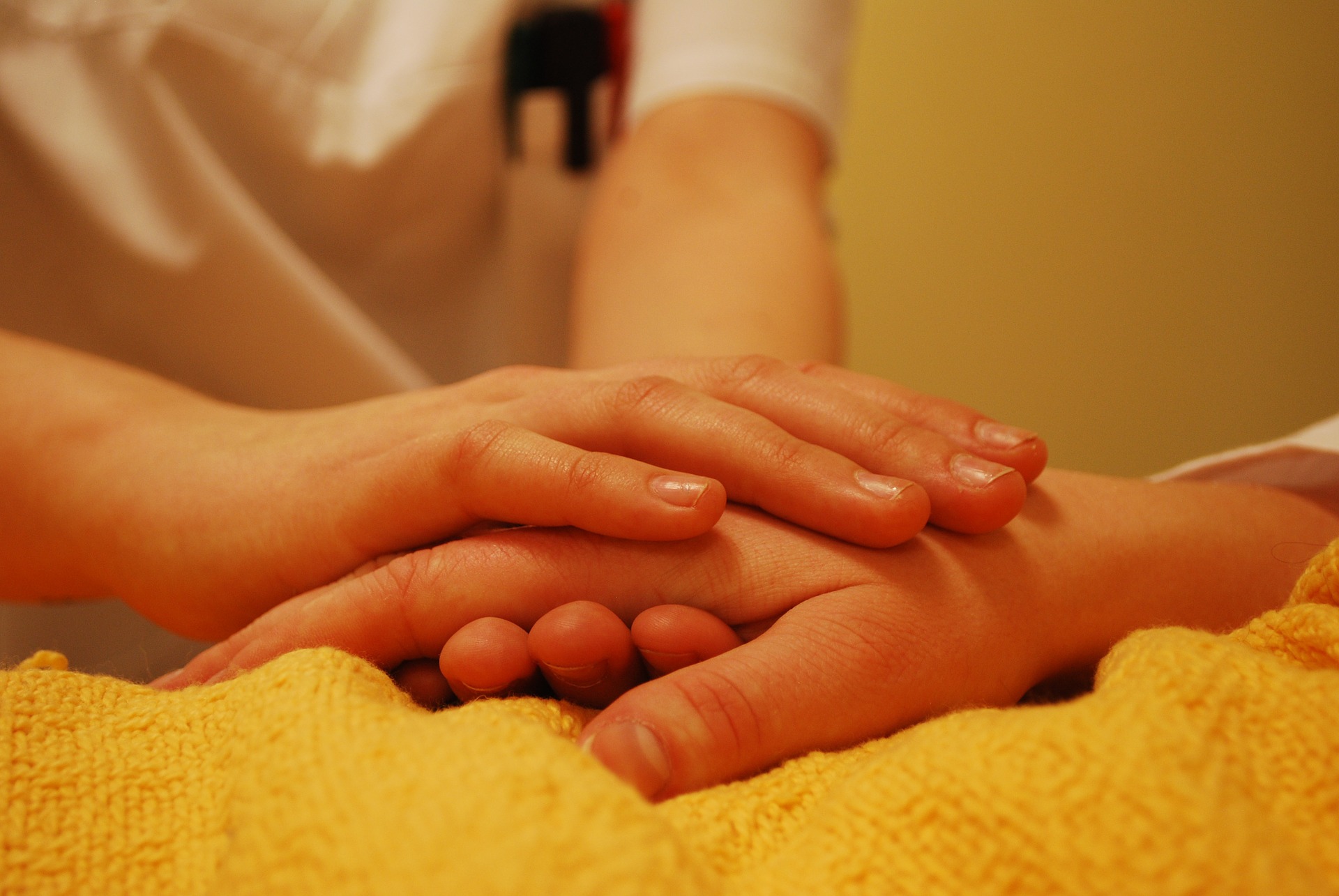“Someday your life will be over, no matter how much attention you give to your health.”
~ Billy Graham
Everybody has an end of life. We don’t want to dwell on that until it applies to us, right? But we can be so busy living life, that we neglect others who have reached their final days and are needing our comfort. It’s important to properly care for and farewell our loved ones. Palliative Care is the term used to describe someone’s final stages of care. The goal is to make them as comfortable as possible.
A lot of us are “fixers,” and when we can’t fix something, we are at a total loss as to what to do. When someone is in palliative care, the goal isn’t to fix the outcome, but to fix the environment by providing as much peace and comfort as possible. So, where to begin?

"The first sense to ignite, touch is the last to burn out: long after our eyes betray us, our hands remain faithful to the world."
~ Frederick Sachs
Fred’s got a great point. Touch is the first and last sensation. In old age, the other four senses deteriorate, but normally, touch remains true. It’s common knowledge that when you lose one of your five senses, the other four get stronger. You can read about it all over the internet, but here’s one article that’s easy to follow. https://neuroscience.stanford.edu/news/supersensors-how-loss-one-sense-impacts-others
So, when one reaches old age, or they’ve struggled with a disease which has damaged one or more of their senses, it’s probably safe to assume that their sense of touch is heightened. Sadly, they’re probably more aware of their pain because of this, but they can also be incredibly soothed by a comforting touch.

This is so important to understand. Why? Because it’s natural to be gentle with frail people – we don’t want to hurt them, right? But touch is far more powerful than that. Touch is language. The recipient of the touch can feel your intentions. Do you want to communicate fear of their frailty, or reassurance and love? Even if you accidently get the pressure wrong and it hurts, I promise they’d rather you hurt them saying “I’m here for you,” than touch them gently but silently. The message you communicate through your touch is the difference between the gentle yet professional touch of the nursing staff and the loving comfort of a family member or friend.
Touch deprivation is a common problem among the elderly and the chronically ill. Emotional, mental, and physical health all decline without touch. Add this to the fact that those in palliative care are unable to get up and move around, they’re bed-sore and suffer with poor circulation. Gentle touch can urge the body to keep producing life-sustaining hormones, reduce pain, lift spirits, and soothe an anxious mind.
You can call in a professional
Palliative Care Massage is a beautiful thing to consider. Your touch is a great comfort, but you may not be confident in your skills to relieve pain. In 2019, I had the privilege of treating two women in palliative care, one with cancer, one with renal failure, and both in a lot of pain. A large part of the process for me was teaching the family members how to reduce swelling in the legs, ease back pain, and soothe them into sleep. I don’t think it occurs to many people to ask for this service, but I and many other therapists are here to help you in these difficult times. Give me a call if you would like some help.

Many cultures include touch in their greetings and salutations. A handshake, a hug, a kiss, a pat on the back, a high-five…these are all ways we greet one another. Likewise, when we say goodbye, we’ll often repeat these actions. It’s pretty interesting, right? We don’t need to do a whole lot of touching while we’re hanging out together, but we book-end visits with a deliberate gesture of touch. Australians in 2020 don’t verbalize the meaning of the gesture as some cultures do, but we all instinctively understand it means something like, “I come in peace,” and “I leave you in peace.”
To ‘add the final touches’ means to complete something. When you’re communicating with a palliating loved one, you never know when your last “conversation” will be. Never be careless with your touch or hold back in fear or awkwardness, but be sure to make your ‘final touches’ a worthy tribute and farewell to your loved ones.
Don't forget to look after yourself!
If you are in this boat, having someone you love in palliative care, you are likely experiencing stress, anxiety, and grief. Don't neglect your own health and wellbeing during this time. Consider booking a massage for yourself to help you through this difficult time. Your body needs TLC, and your mind needs respite to process your circumstances.





